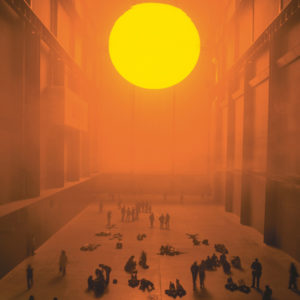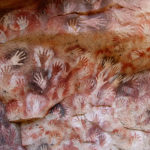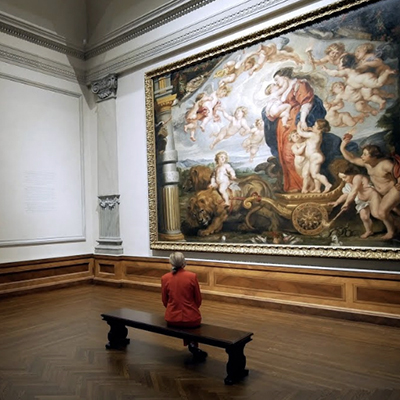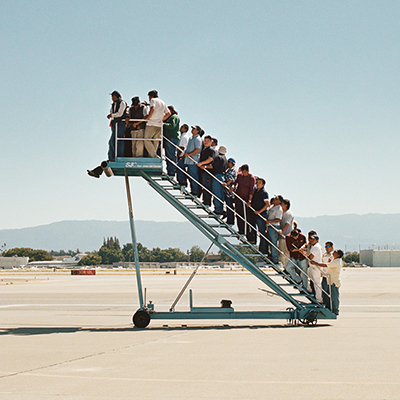 |
ARH 5806–02 Contemporary Art and Theory after 1980
Dr. Tenley Bick
Tuesday 9:45 am–12:15 pm, WJB 2038
The discourse on contemporary art and theory since 1980 has long been concerned with the effects of globalization on creative practice and subjectivity. Increasingly, the term “global contemporary art” has been used as a catchall for art of the present in a global context. Meant to include art from around the world and art engaged with global circulation, thinking, and subject positions, the term emerged in acknowledgment of the distinctive connectedness (and rootlessness) of the world in the post-Cold War digital age and artists’ responses to it. The complicated term and subfield of art historical study tends, however, to present contemporary art as a universalist field of global, formal artistic currents that bridge historical constructions of “West” and “non-West.” In so doing, it risks inattention to local histories and varied experiences, as well as world divisions and power struggles that persist or arose anew after the 1980s. Examining these tensions, this graduate seminar investigates global contemporary art, and the broader discourse on contemporary art and theory after 1980, as a rich field of art historical study and exciting area of methodological debate.
|
|
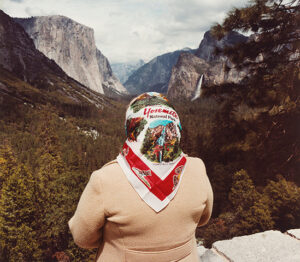 |
ARH 5806–03 Photography since 1960
Dr. Adam Jolles
Wednesdays 12:00-2:30 pm, WJB 2038
This course concerns the development of art photography after 1960. Topics to be considered include the New Topographics, the New Document, the Boston and Dusseldorf schools, conceptual photography, the emergence of postmodernism, identity politics, and more recent trends. Our goal will be to assess the significant literature on recent photographic practices, and to investigate as well those areas that appear most promising for further critical inquiry.
|
|
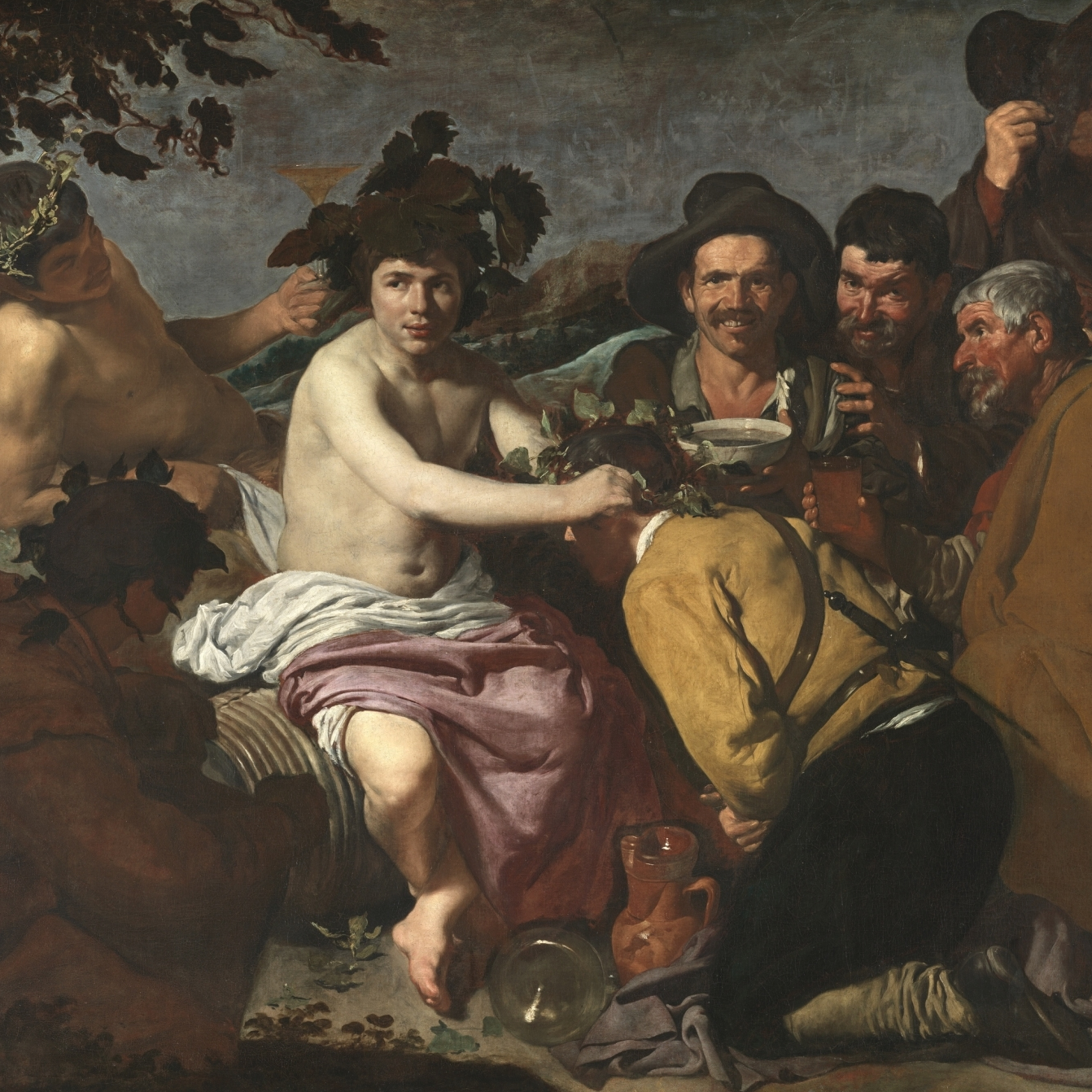 |
ARH 5806–06 Spanish Golden Age
Dr. Lorenzo Pericolo
Thursdays 4:50 – 7:20 pm, WJB G041.
Modernities and Modernisms. This course will explore the rich production of painting and sculpture in late sixteenth- and seventeenth-century Spain. The work of canonical painters such as El Greco, Diego Velázquez, Francisco de Zurbarán, and Bartolomé Esteban Murillo, will be the object of study. The course will discuss the importance and complexity of certain artistic genres: still-life (bodegón), court portrait, and polychrome devotional sculpture. Emphasis will also lie on the representation of outcasts and children. The course will also focus on the court of the Spanish King Philip IV (r. 1621–1665). |
|
 |
ARH 5806–07 Walt Disney’s America
Dr. Robert Neuman
Fridays 12:00-2:30 pm in WJB 2038
Modernities and Modernisms, Visual Cultures of the Americas. Walt Disney (1901-1966) was arguably one of the most influential men of modern times. The company that he founded in 1923 is today the world’s largest entertainment conglomerate. Our childhoods are permeated with Disney characters and stories, and our leisure activities as adults take place in themed environments. This course asks the question: Who was Disney the man, and how did he create an empire that continues to profoundly affect us today? To find answers, we will develop methods for examining critically the two principal media in which Disney pioneered: the animated film and the theme park. |
|
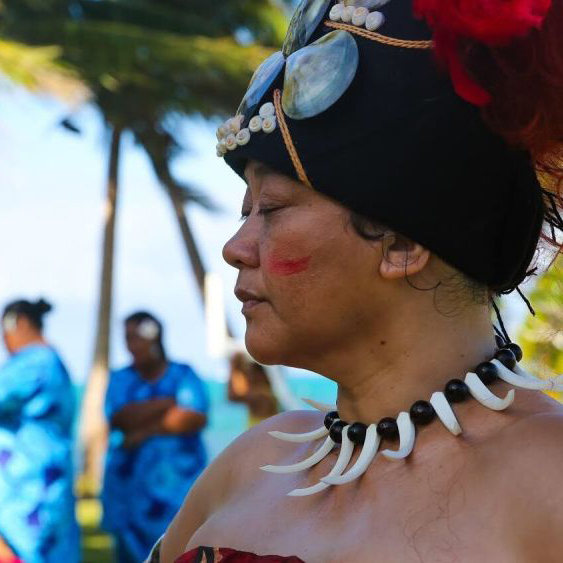 |
ARH 5806–08 Global Indigenous Cinema
Dr. Kristin Dowell
Wednesdays 9:20-11:50 am WJB 2038
Visual Cultures of the Americas, World Arts (Non-Western Art). What does visual sovereignty look like on-screen? Exploring the dynamic field of global Indigenous cinema from Australia, Aotearoa (New Zealand), Sápmi, Pacific Islands, and the Americas, we examine the innovative ways in which filmmakers reclaim the screen to articulate Indigenous stories through feature, experimental and short films. Students learn film curatorial practice, and the course will culminate in a student-curated film screening. |
|
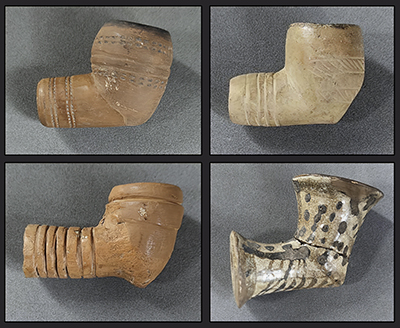 |
ARH 5806–09 Archaeology of the African Diaspora
Dr. Brendan Weaver
Fridays 9:20-11:50 am WJB 2038
Modernities and Modernisms, Visual Cultures of the Americas, World Arts (Non-Western Art). The emergence of an African diaspora, largely due to the transatlantic slave trade at the beginning of the 16th century, was essential to the project of global modernity. Recent estimates from the Trans-Atlantic Slave Trade Database suggest that more than 12 million enslaved African survivors of the transatlantic journey of the Middle Passage were sold in markets across the Americas, the Atlantic islands, and Europe. This graduate seminar explores the material and visual culture of Africans and their descendants in the Americas and, more broadly, in the Atlantic World, critically evaluating the archaeology of slavery and freedom among the African diaspora. Readings and discussion in this course will explore the cultural and experiential diversity of the African diaspora, thinking through themes of labor, marronage, emancipation and manumission, diasporic religion, invisibility, heritage, and community, through their material and visual correlates. |
|
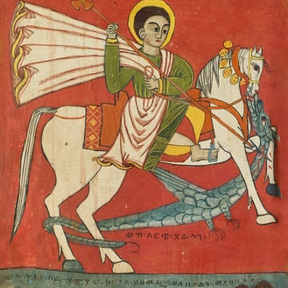 |
ARH 6292–01 Seminar in Medieval Art: Byzantium and Africa
Dr. Lynn Jones
Thursdays 1:20-3:50 pm WJB 2038
The Post-Ancient and Medieval World, World Arts (Non-Western Art). This course is a companion to the exhibition “Africa and Byzantium” at the Metropolitan Museum of art. Students will work from the catalog and associated texts, examining the nature of center(s) and periphery; the effects of local religions and beliefs on art; and the ways in which art produced in the sphere of Byzantine influence negotiates these practices and traditions with Byzantine art. The course covers the art of medieval Ethiopia, Egypt, and Nubia, in addition to that of Byzantium. Students will have the opportunity to work with medieval objects on loan from Kenyon College. |
|
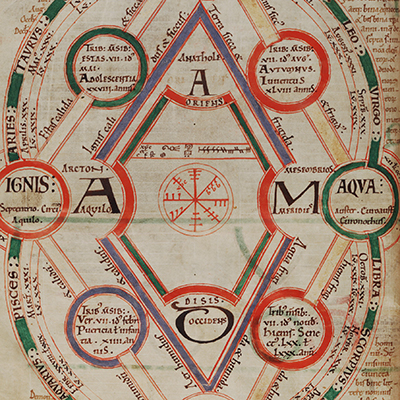 |
ARH 6292–02 Seminar in Medieval Art: Medieval Art and Ecocriticism
Dr. Erika Loic
Mondays 3:05-5:35 pm WJB 2038
The Post-Ancient and Medieval World. Ecocriticsm entails interdisciplinary research into humans’ literal and metaphorical treatments of their natural surroundings. In the context of the Middle Ages, ecocritical art history examines, but is not limited to, representations of landscapes and the wilderness, personifications of the elements, symbolic uses of natural materials in art and architecture, and allegorical interpretations of non-human creatures. In addition, this seminar considers some of the licit and illicit practices that emerged across Afro-Eurasia in response to perceived interrelationships between the natural and the supernatural. |








